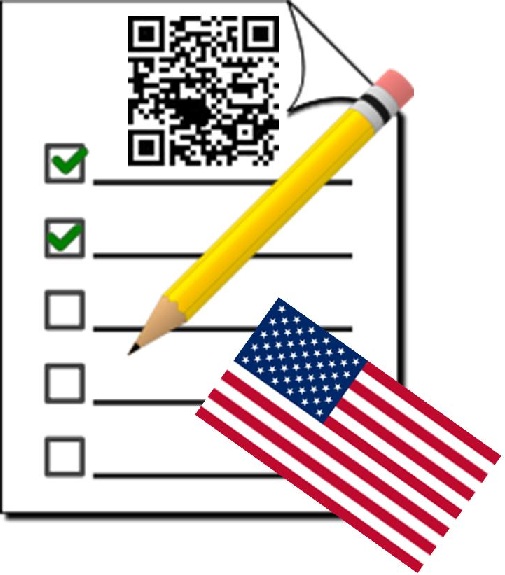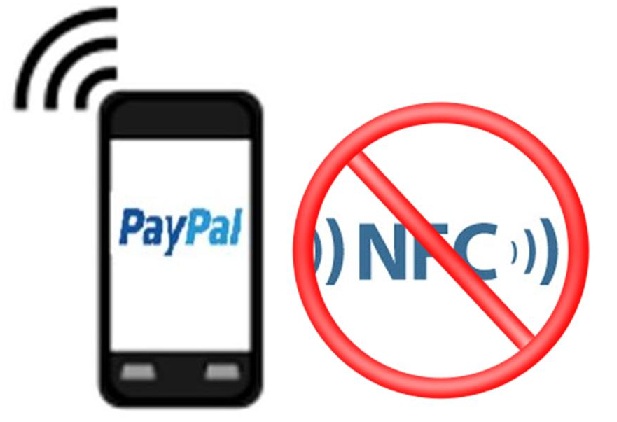 American smartphone users are more likely to scan than those in the U.K., France, and Germany.
American smartphone users are more likely to scan than those in the U.K., France, and Germany.
A recent survey by Pitney Bowes has shown that an American smartphone user is more likely to scan QR codes than those in Western Europe, no matter what the medium of delivery may be for those codes.
The results of this survey support those that were produced by other researchers at the same time.
The Pitney Bowes survey included the participation of 1,000 people from Europe, and 2,000 from the United States. When the QR codes were included in print magazines, almost twenty percent of Americans between the ages of 18 and 24 scanned it. Similarly, 36 percent of participants from that country who were between the ages of 25 and 34 scanned one.
The results produced by eMarketer regarding Western European QR codes scans were notably lower.
Among Europeans, when QR codes were printed in magazines, Germany had the next highest percentage of scanners, where 27 percent of people between the ages of 18 and 24 used the barcodes. Among those between the ages of 25 and 34, 23 percent scanned them.
Overall, it was the respondents in the young adult category who had the greatest likelihood of scanning QR codes in a magazine. Among the participants in the survey, 27 percent in that age bracket had tried at least one. Those were the consumers who had a tendency to hold the greatest familiarity with barcode scanning on various other forms of printed materials, as well. Those included product packaging, posters, and mail. In fact, 21 percent said that they had tried all three of those.
They were, however, also the group who were the least likely to scan QR codes that were presented on a digital screen such as in an email (9 percent), on television (7 percent), or on a website (13 percent).
While they may not have gone mainstream in Europe, QR codes are still widely used in both the United States and in the European countries that were included in the survey. comScore recently reported that the number scanners of these barcodes in Germany had reached 5.1 million, there were 3.4 million in Spain (not included in Pitney Bowes’ survey), and 3.3 million in the U.K.

 PayPal continues to snub NFC technology in mobile commerce
PayPal continues to snub NFC technology in mobile commerce